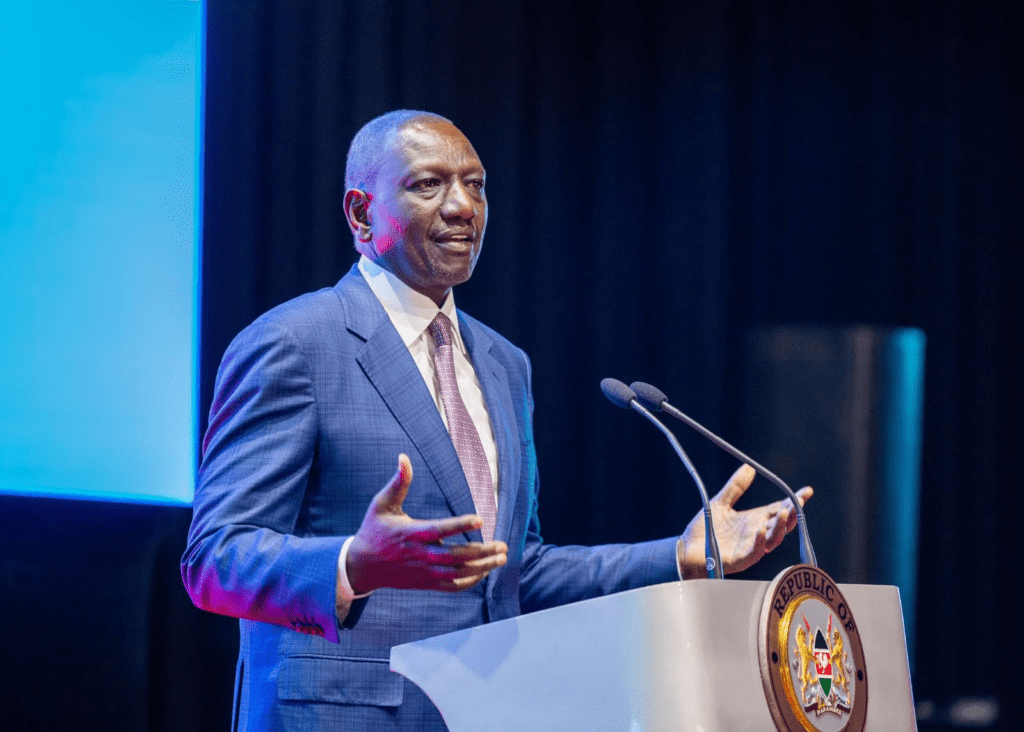Special Economic Zones are critical for driving industrial development, export competitiveness and trading capacity, President William Ruto has said.
Noting that the adoption of the Africa Continental Free Trade Area Ministerial Regulations in 2023 has expanded the potential of SEZs by facilitating goods produced within these zones to access the vast African market without barriers.
The African Continental Free Trade Area represents a historic opportunity to create a tariff-free Africa, boost intra-African trade and investment, drive industrialisation, and generate meaningful employment for our youth.
“By reducing reliance on external support, particularly debt, we can build a self-reliant pan-African economic area rooted in integration, innovation, and enhanced intra-African collaboration,” said the President when he addressed participants at the 9th African Economic Zones Organization Annual General Meeting in Nairobi today.
President Ruto said this focus has become especially crucial with the advent of the African Continental Free Trade Area, which unites 55 Member States and provides access to a market of over 1.4 billion people.
Africa is a continent richly endowed with an unparalleled abundance of natural resources and human capital, yet our economic performance does not reflect the scale of our potential.
The President pushed for more value addition through industrialization in the continent and increase to trade between African nations.

“It is imperative that we transition swiftly from dependence on raw material production to competitive export production and value addition through industrialisation. It is also critical that we apply our best efforts to intensify intra-African trade,” he said adding that in so doing, Africa shall begin to cover much ground in the journey to achieving the aspirations of Agenda 2063 and realising The Africa We Want.
He hailed the support from organizations including African Union, United Nations Industrial Development Organisation, and the UN Conference on Trade and
Development for their steadfast support of this event and, more particularly, for their critical role in championing the African Industrialisation Agenda 2063.




